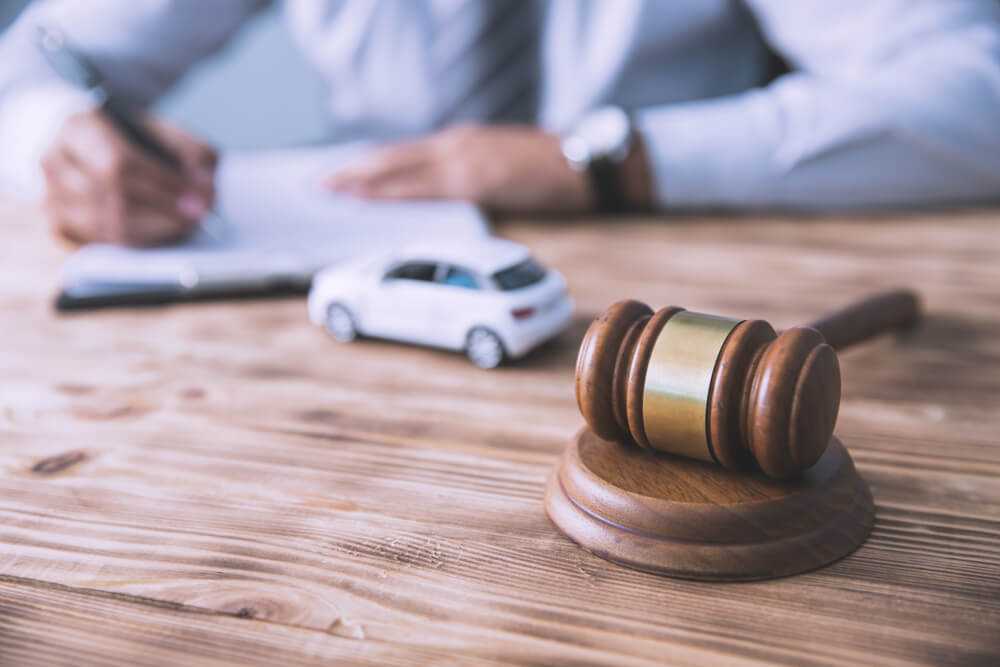Lending a vehicle is a risky business in most states. It is similar to gambling as the odds of recovery depend on negotiation with the insurance company. When respective drivers, and owners of the car are involved in a collision, the issue is pretty straightforward. However, the compensation can vary greatly, if the person is not on an insurance card, or has been specifically excluded. As these laws vary widely depending on the state, and county, be sure to hire local help and contact boise idaho auto accident lawyer.
Employees at Fault
If you are a company owner, your risk increases multi-fold with a company vehicle. While company insurance does generally cover various aspects including medical bills, and other liabilities for third parties – employers are held responsible for negligence on part of your employees. In rare cases, when employees drive the car out of work hours for personal work, and run into mishaps, the company is not held liable in such instances.
Friends and Close Relatives
While it is perfectly legal to lend your car to your friends, and relatives, it is not advisable to do so often. Car assumes major legal responsibility including potential injury, and deadly circumstances in relation to injuries of pedestrians. Similarly, car insurance providers may try to wiggle out if the person driving the car during a collision was not the list of members. Hence, in such circumstances, the damages are taken out of your insurance coverage, and result in major damage. Hence, be sure to only lend your vehicle to a very responsible person living with you. Furthermore, be sure to check the areas of the car that are covered in case of collisions. These can vary widely depending on the car, the status of the driver, the county, and the state.
Children and Parent
In most states in the United States, parents are held responsible for the fault of their children in auto accidents. This includes cases wherein the child was a minor, and drove the in a reckless or incompetent manner. This is known as the negligent entrustment, and can result in significant damages to the parents. The family purpose doctrine adopted in some states hold a guardian of the car, generally parents liable for damages regardless of the fault in a car collision. Similarly, people who sign a minor’s legal application for a driving license responsible for potential damages during a car collision. In states like California, parent or legal guardian are responsible for signing the license. Moreover, the state also holds parents liable together regardless of their relationship with the minor.
Categories
Recent Posts
Advertisement


